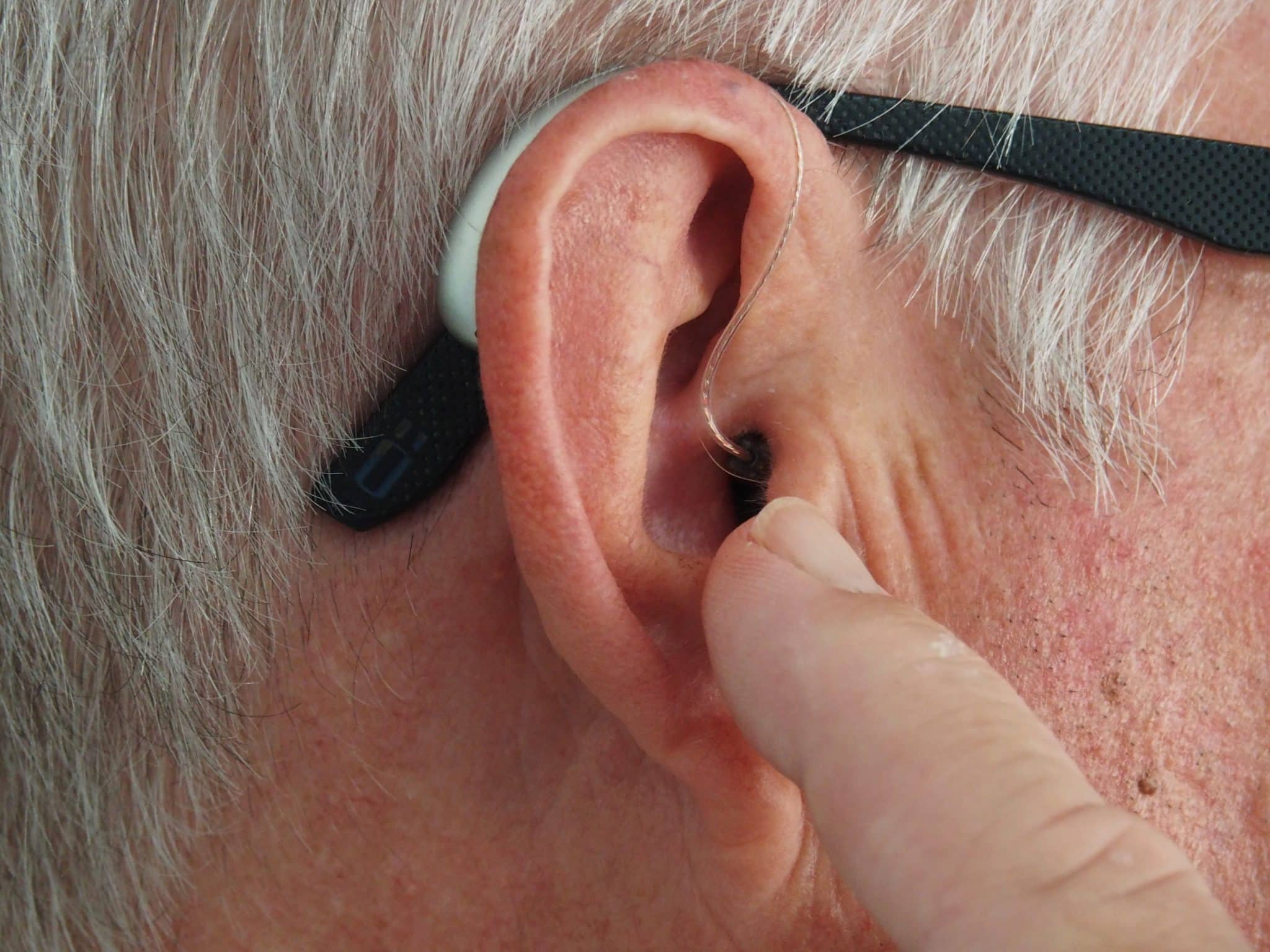Did you know that 22 million Americans go to work at a place where they risk their long-term hearing health? The Centers for Disease Control and Prevention (CDC) states that of all the afflictions possible in a workplace, occupational hearing loss is the most prevalent. You may be exposed to loud sounds on a consistent basis without realizing the damage done to your hearing, or you could be exposed to hazardous chemicals that too could cause irreparable harm.
Any sounds over 85 decibels should not be sustained for over 8 hours. That means if you work a traditional 40-hour workweek, your sound exposure should be under that 85-decibel mark. Want to know if you fall into this category? Check to see if your occupation made the list.
Occupational hearing loss: The most high-risk jobs
- Construction – The American National Standards Institute states that 10 million construction workers head to their noisy job everyday. These are work sites full of sounds over that 85-decibel mark: jackhammers, bulldozers, trucks idling, scooping, and beeping while reversing, drills, nail guns, and every kind of electrical tool possible. Damage easily happens when you hear this consistently for days, months, or years with little hearing protections. Whether you're doing construction daily or just do carpentry as a hobby, ear protection is necessary to avoid occupational hearing loss.
- Manufacturing – The CDC partnered with the National Occupational Research Agenda (NORA) to help combat occupational hearing loss, and they started with the manufacturing industry. At the time of their report, manufacturing made up 13% of American jobs, and 1 in 9 reported workplace aliments related to hearing loss. The threat stems from consistent exposure to machinery, loud workrooms, and lack of ear protection. The worst damage occurs in the first 10 years of work, but many manufacture workers spend their whole career in this deafening industry. Ear protection is key to block out excess sound and save hearing.
- Military – Whether deployed or in training, military personal will at some point be exposed to loud sounds: think gunfire or a whirling helicopter overhead. The American Speech-Language-Hearing Association reports that a pistol shot hits over 175 decibels, which can cause immediate ear damage. While hearing protection is often provided by the government to diminish risk, there is still a chance for damage at these levels. Check out this story of protection going wrong for hundreds of veterans.
- Entertainment – Musicians stand in front of amplifiers, bang on drums, and turn up the volume in the recording studio. These acts are all detrimental to hearing, even in short doses. The act of going to a rock concert without hearing protection also exposes you to ringing in your ears and hearing loss. Imagine going to work every night in a dance club or bar where the music hovers around 100 decibels - your hearing would suffer! Working on a movie set may also subject employees to sudden intense explosions or booming soundtracks during production. The dream of making it big in Hollywood might not be worth the risk of occupational hearing loss.
By: Diana Michel
Sources: CDC, NORA, NIOSH, ANSI, ASHA, CBS, NCBI




